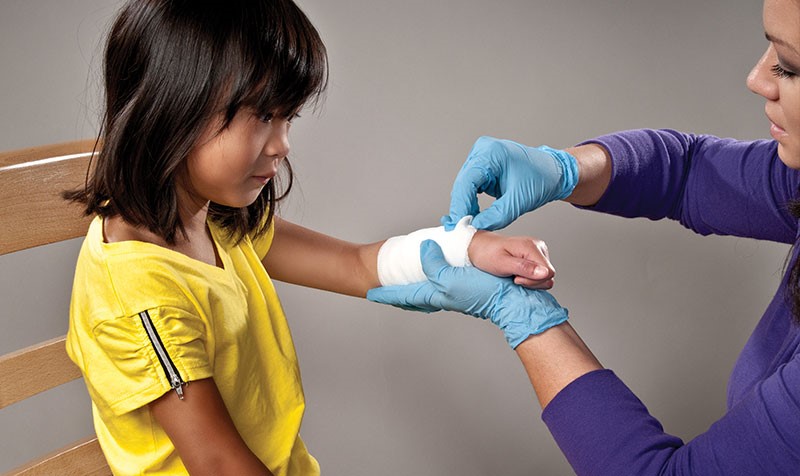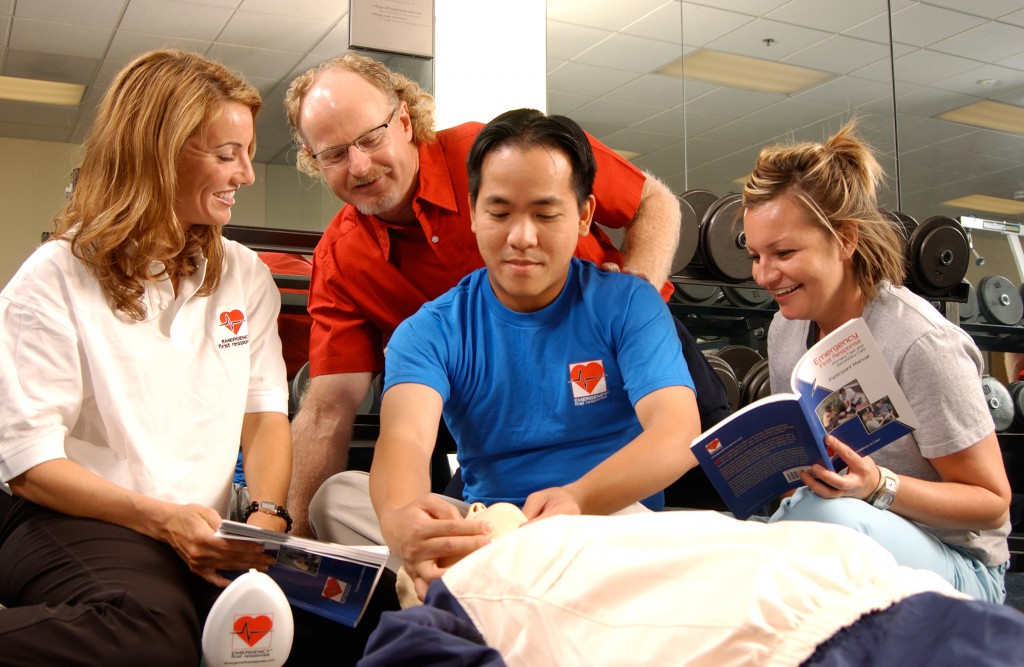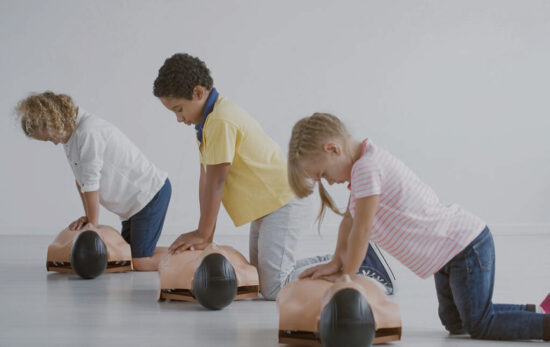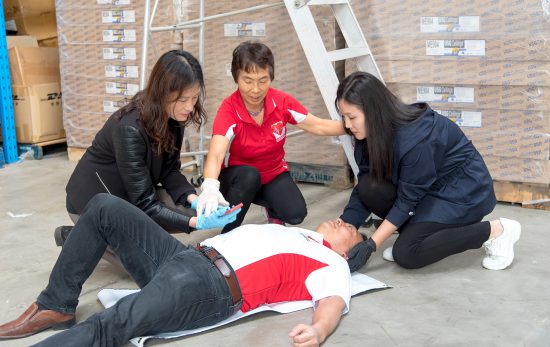It seems like it’s always difficult to determine when you should see a doctor. With flu season right around the corner, it is wise to be reminded of when we should seek medical attention. Although we try to be mindful of not putting unnecessary strain on healthcare services, it’s important to get the right help when it’s needed.
There are different signs to look for in children and adults, and extra caution should always be exercised in very young children who may not be able to effectively communicate their feelings.

Warning Signs in Children
In children, emergency warning signs that need urgent medical attention include:
- Fast breathing or trouble breathing
- Bluish or gray skin color
- Not drinking enough fluids
- Severe or persistent vomiting
- Not waking up or not interacting
- Being so irritable that the child does not want to be held
- Flu-like symptoms improve but then return with fever and a worse cough
Warning Signs in Adults
In adults, emergency warning signs that need urgent medical attention include:
- Difficulty breathing or shortness of breath
- Pain or pressure in the chest or abdomen
- Sudden dizziness
- Confusion
- Severe or persistent vomiting
- Flu-like symptoms improve but then return with fever and worse cough
Medical Attention & Getting Help
If you are not sure if your (or someone else’s) symptoms are severe enough to warrant seeking medical attention, always err on the side of caution. Depending on where you live, many countries have created hotlines since the COVID-19 pandemic to ease the strain on hospitals and avoid crowded waiting rooms.
For example, in the UK, people are encouraged to dial 111 for support, before dialing the emergency services number. In Australia, you can call the Health Direct helpline at any time at 1800 022 222 for free advice and reassurance.

Why Take the Emergency First Response Course?
Not knowing when to seek medical attention for yourself or a loved one can be a very worrying experience. However, learning more about first aid and CPR as well as how to handle medical injuries, illnesses and emergencies reduces uncertainty and results in a more confident approach to any situations that arise.
The knowledge development (theory) component of the Emergency First Response (EFR) course can be studied online via PADI eLearning, so why not get started? Sign up online today!


